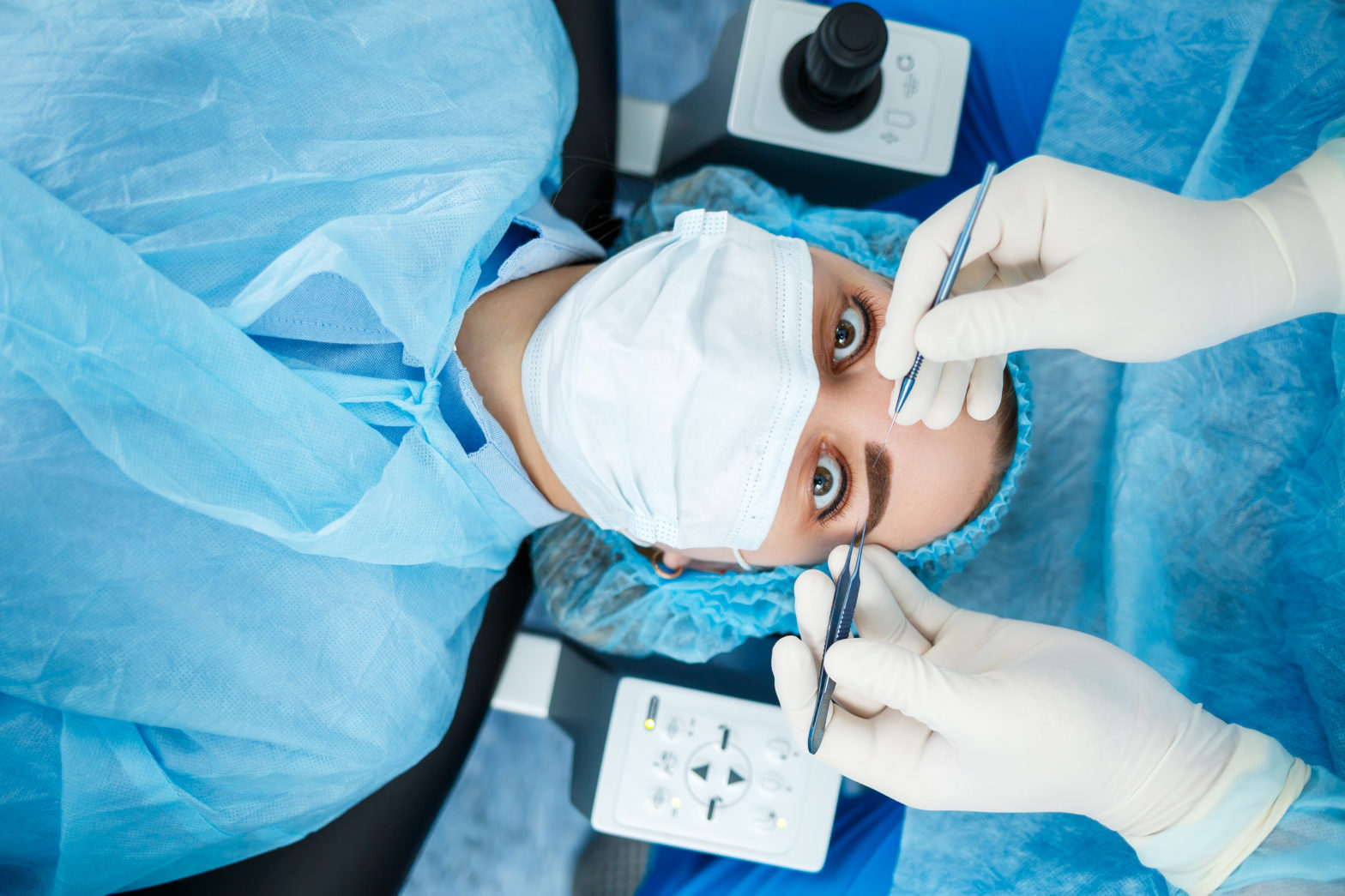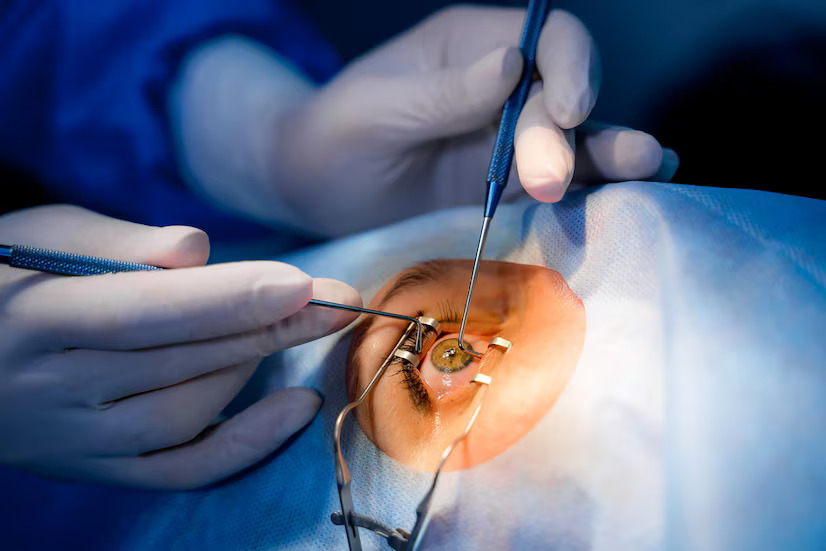Upasuaji wa mtoto wa jicho, one of the most common and successful medical procedures worldwide, often brings up a significant concern for many: Is it painful? Understanding the apprehensions surrounding this question is essential, especially for those contemplating the surgery to improve their vision. This blog aims to demystify the process, addressing common fears and shedding light on what one can actually expect.
Understanding Cataracts and the Need for Surgery
Before delving into the surgery itself, it’s crucial to understand what cataracts are. A cataract occurs when the natural lens of the eye becomes cloudy, leading to a decrease in vision. It’s a condition often associated with aging but can result from other factors such as diabetes, smoking, or prolonged exposure to sunlight.
The decision to undergo surgery usually comes when cataracts significantly impede daily activities like reading, driving, or recognizing faces. At this point, surgery is recommended to restore clear vision.
The Cataract Surgery Procedure: What to Expect?
Upasuaji wa mtoto wa jicho is renowned for its high success rate and the relatively pain-free experience it offers. The procedure typically lasts between 15 to 30 minutes and is performed under local anesthesia. This means you’ll be awake during the surgery, but the area around your eye will be numbed, ensuring no pain is felt during the operation.
The surgery involves the surgeon making a small incision in the eye to remove the cloudy lens and replace it with a clear, artificial lens. Thanks to modern surgical techniques and equipment, the process is highly precise and minimally invasive.
Post-Surgery: Recovery and What to Expect
Post-surgery, patients often express surprise at the lack of pain. Mild discomfort, akin to a gritty sensation in the eye, might be experienced for a few days, but this is generally manageable with over-the-counter pain relievers. Your doctor will also prescribe eye drops to prevent infection and aid in the healing process.
Recovery is relatively quick, with many patients noticing an improvement in their vision almost immediately. However, it may take a few weeks to fully adjust to the new lens and achieve optimal vision clarity.
Addressing Common Concerns and Misconceptions
A common misconception is that cataract surgery is a painful process. However, thanks to advancements in medical technology and anesthesia, the surgery is largely pain-free. Fear of the unknown and the idea of being awake during the procedure can be daunting, but understanding the process and knowing what to expect can help alleviate these fears.
It’s also worth noting that while complications from cataract surgery are rare, as with any surgery, there are risks involved. Discussing these with your doctor, understanding the signs of potential complications, and following post-operative care instructions are crucial steps in ensuring a smooth recovery.
Looking Forward with Clear Vision
While the thought of cataract surgery can be intimidating, understanding the procedure, what to expect, and the reality of recovery can offer peace of mind. With a high success rate, minimal discomfort, and the potential for drastically improved vision, cataract surgery holds the promise of not just restoring sight but enhancing the quality of life.
For those considering the procedure, consulting with a trusted ophthalmologist is the first step towards clear vision. Remember, the fear of pain should not hold you back from experiencing the world in its full clarity.
Whether you’re seeking routine eye examinations, laser eye surgery, or treatment for conditions like cataracts or glaucoma, our hospital is equipped to offer the highest standard of care. With a patient-first approach, we strive to make your journey to better eye health seamless and comfortable, ensuring you receive personalised care at every step. Choose Hospitali ya Macho ya Dk Agarwals for your eye care needs and experience the difference in clarity and quality of life.








